In civil law jurisdictions, many documents (for example, transfers of land and charges) require notarisation by a notary.
A notary is a lawyer working in private practice who fulfils certain public functions delegated by the state. These public functions differ from country to country. A notary’s chief public function is to authenticate the execution of certain documents or to verify some fact or thing has been done. Notarisation often involves the parties to the document appearing in person before a notary and executing the document. Alternatively a member of the notary’s office may be granted a power of attorney to execute the document. The notary then certifies the due execution of the document. The form of the notarial certificate depends on whether the document is required in “public form” or “private form”. For further details of terms used by Notaries please refer to our Notary Jargon Buster for further information.
If the document is required in public form, the notary’s certificate is embodied in the document itself. This is usually done by prefacing the operative part of the document with a recital as to the appearance of the parties before the notary and their personal particulars and capacities. The notary then adds a notarial statement at the end (the “eschatocol“) to the effect that the document was read out to the parties and executed in the notary’s presence and that he or she has added his or her own signature. The notary then affixes his or her official seal. If the document is required in private form, a relatively simple certificate is attached to the document verifying the execution of the document in the notary’s presence.
Sometimes a further legalisation certificate (the “apostille“) is added to the notarial certificate to certify the genuineness of the notary’s signature and seal. In most civil law jurisdictions, notarised documents have probative and executory force. This effectively gives a notarised document the force of a court judgment and greatly speeds up enforcement.
Costs will vary greatly from jurisdiction to jurisdiction, but most notaries in the EU are obliged to charge fees on a tariff set by the state. The fees are often a proportion of the contract amount and can be quite substantial.

0 Comments